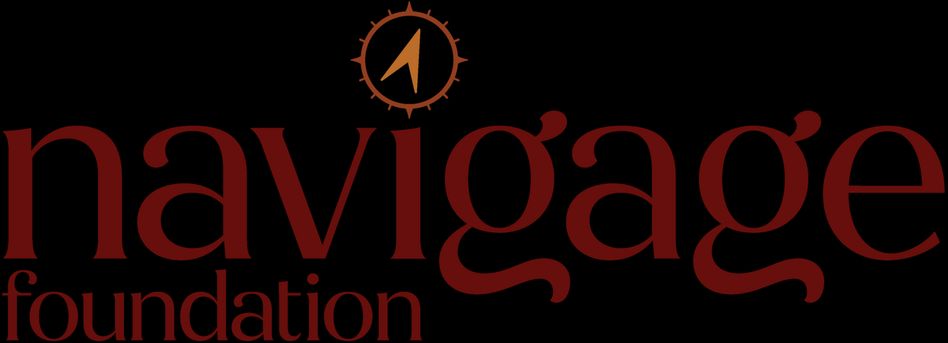
2023 Biomarkers of Aging Symposium
Location
The Buck Institute
8001 Redwood Boulevard Novato, CA United States, 94945
Dates
Registration period:
April 1, 2023 - 10:23 PDT - November 28, 2023 - 00:00 PST
Submission period:
August 30, 2023 - 00:00 PDT - November 1, 2023 - 12:00 PDT
Contact us
If you have any questions, please contact nicholas.fiorenza@mfoundation.org











